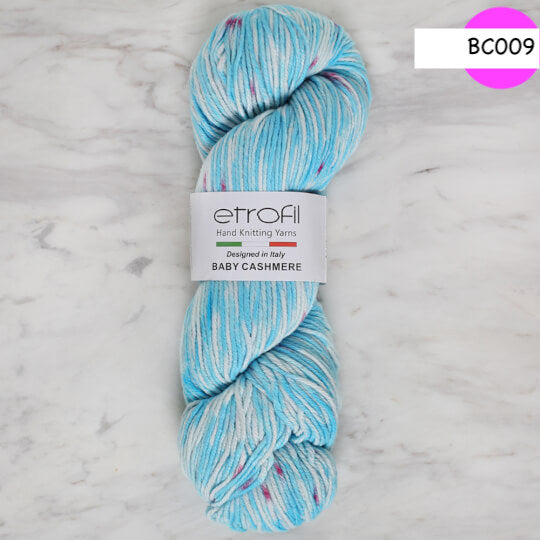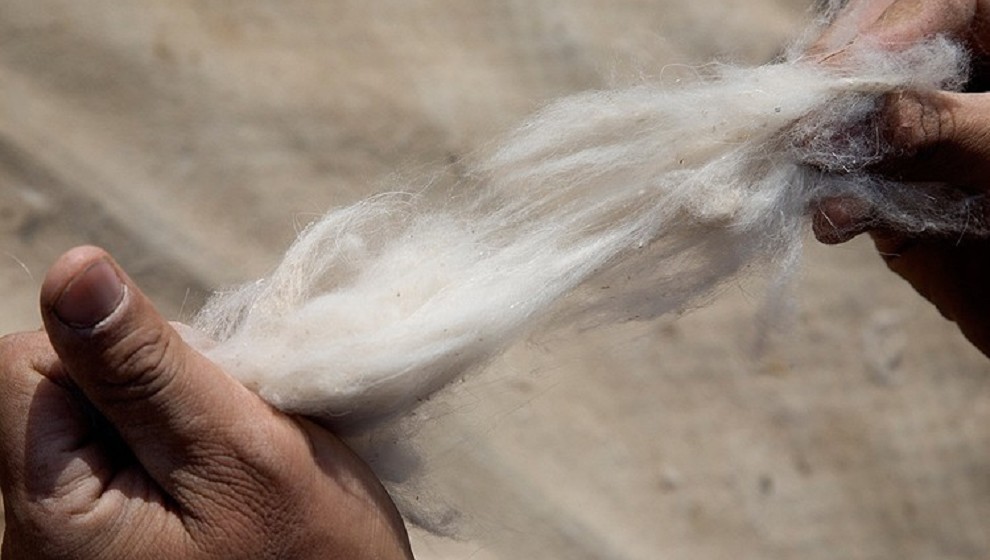Exploring the Origins of cashmere and Its Role in Current Fashion
Reasons You Should Need Cashmere an All-natural Fiber for Comfort and Elegance in Everyday Wear
In the realm of textiles, few fibers measure up to the deluxe and convenience of cashmere. This distinct product, known for its remarkable soft qualities and insulation, gives unmatched convenience and style for day-to-day wear. But what sets it besides various other fibers? Exactly how does it affect the setting and exactly how does it contrast to synthetic alternatives? Furthermore, exactly how can one best utilize cashmere to raise their style? These fascinating inquiries lay the foundation for an informing expedition into the globe of cashmere.
Recognizing the Elegant Nature of Cashmere

Reviewing the Convenience Factor of Cashmere Attire
What top qualities highlight the convenience aspect of cashmere garments? The gentleness of cashmere is the initial top quality to consider. Its plush structure makes it seem like a second skin, offering warmth without the weight or itching related to various other woollen items. Moreover, cashmere's special fiber framework allows for breathability, managing temperature level and avoiding getting too hot. The material's flexibility and toughness ensure that it mold and mildews versus the body comfortably, maintaining its form over time. Cashmere's hypoallergenic properties also contribute to its convenience, making it an optimal choice for sensitive skin. Finally, the capability to layer cashmere pieces without thickness increases the comfort factor. Fundamentally, the convenience of cashmere is derived from its softness, breathability, durability, hypoallergenic nature, and convenience.

The Ecological Influence and Sustainability of Cashmere
While the comfort and elegance of cashmere are definitely enticing, it's just as essential to consider its connection with the setting. Cashmere manufacturing, largely in Mongolia and learn the facts here now China, involves raising cashmere goats, which can considerably stress breakable grassland ecosystems as a result of overgrazing. This can bring about desertification, a pushing ecological worry. The processing of cashmere, entailing coloring and cleaning, can also add to water pollution if not correctly managed. However, initiatives are being made to develop sustainable cashmere manufacturing techniques, such as rotational grazing and cleaner processing methods. Thus, while cashmere has ecological effects, its sustainability greatly depends upon manufacturing practices.
Contrasting Cashmere to Synthetic Fibers: A Cost-Benefit Analysis
Despite see this website its environmental difficulties, cashmere offers a special set of benefits over synthetic fibers. Cashmere's natural fibers offer unparalleled gentleness and heat, converting right into convenience that synthetic fibers struggle to match. Unlike artificial fibers, cashmere does not contribute to microplastic contamination, making it an extra sustainable choice.
Styling Tips With Cashmere for Everyday Beauty
Having actually considered the cost-benefit analysis of cashmere compared to artificial fibers, it becomes clear why this extravagant product is a popular selection for several. When styling cashmere for everyday beauty, simplicity is essential. A cashmere sweatshirt, for instance, can be coupled with customized pants or a sleek skirt for a posh, put-together appearance - cashmere fibre. For a more informal set, a cashmere cardigan put on over an easy t-shirt and denims shows uncomplicated design. Accessories can further elevate the appearance: a declaration pendant or headscarf can add a pop of shade to a neutral cashmere item. Inevitably, the intrinsic beauty of cashmere makes it a functional enhancement to any type of closet, easily enhancing day-to-day attire with a touch of high-end.

Final Thought
In addition, cashmere's sustainability and lower ecological influence contrasted to synthetic fibers even more improve its charm. Spending This Site in cashmere garments is a worthwhile decision for convenience, style, and sustainability.
